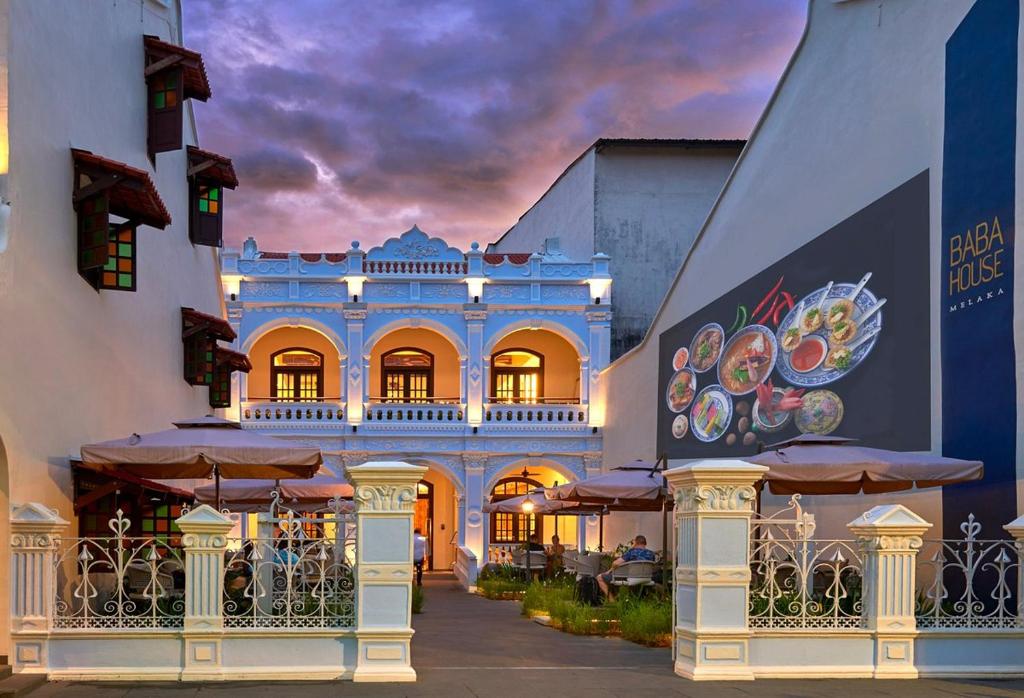Singapore is renowned for its efficient and strict legal system. The laws in Singapore ensure public order, security, and the well-being of its citizens. Here’s an overview of some key aspects of Singaporean law:
Legal Framework and Judiciary
Legal System: Singapore follows a common law system, with the Constitution as the supreme law. The legal system is a combination of statutory laws passed by Parliament and judge-made laws or case law.
Judiciary: The judiciary in Singapore is independent and comprises the Supreme Court, the State Courts, and other tribunals. The Supreme Court includes the Court of Appeal and the High Court.
Unique Laws in Singapore
Singapore is known for its stringent laws and strict enforcement. Here are some unique laws that set it apart from other countries:
1. Chewing Gum Ban
Background: Introduced in 1992, the chewing gum ban aims to maintain public cleanliness. The improper disposal of chewing gum had caused significant maintenance issues, particularly in public transportation.
Law: Importing and selling chewing gum is prohibited. However, in 2004, the ban was slightly relaxed to allow the sale of therapeutic gum for dental health.
2. Littering and Public Cleanliness
Law: Singapore has some of the strictest anti-littering laws in the world. Offenders can be fined up to SGD 2,000 for the first conviction and face corrective work orders for repeat offenses.
Impact: These laws contribute to Singapore’s reputation as one of the cleanest cities globally.
3. Drug Laws
Law: Singapore has a zero-tolerance policy towards drug trafficking and consumption. The Misuse of Drugs Act imposes severe penalties, including the death penalty for trafficking.
Impact: This has made Singapore one of the countries with the lowest drug abuse rates globally.
4. Vandalism Act
Law: Enacted in 1966, the Vandalism Act aims to curb vandalism and graffiti. Offenders face fines, imprisonment, and caning.
Notable Cases: The high-profile case of Michael Fay in 1994 brought international attention to Singapore’s strict anti-vandalism laws.
5. Public Assembly and Speech
Law: The Public Order Act requires permits for public assemblies and processions. The government strictly regulates public speeches and gatherings to maintain public order and harmony.
Impact: While some argue this restricts freedom of expression, others believe it ensures stability and security.
Comparative Insights: Laws Unique to Singapore
While many countries have strict laws, Singapore’s approach to public cleanliness, drug control, and public order is notably distinctive. Here are some comparisons:
1. Chewing Gum Ban vs. Other Countries
- Singapore: Complete ban on the import and sale of chewing gum, with minor exceptions.
- Other Countries: Most countries do not regulate chewing gum to this extent, focusing on public awareness for proper disposal.
2. Drug Laws
- Singapore: Severe penalties, including the death penalty for trafficking.
- Other Countries: Penalties vary widely; some countries have decriminalized certain drugs.
3. Vandalism
- Singapore: Harsh penalties including caning.
- Other Countries: Generally involve fines and community service, with fewer instances of corporal punishment.
Conclusion
Singapore’s legal system is characterized by its rigor and effectiveness in maintaining order and cleanliness. While some laws might seem draconian by international standards, they have played a crucial role in shaping Singapore into a safe, clean, and efficient city-state. Understanding these unique laws offers valuable insights into the social and cultural fabric of Singapore.







